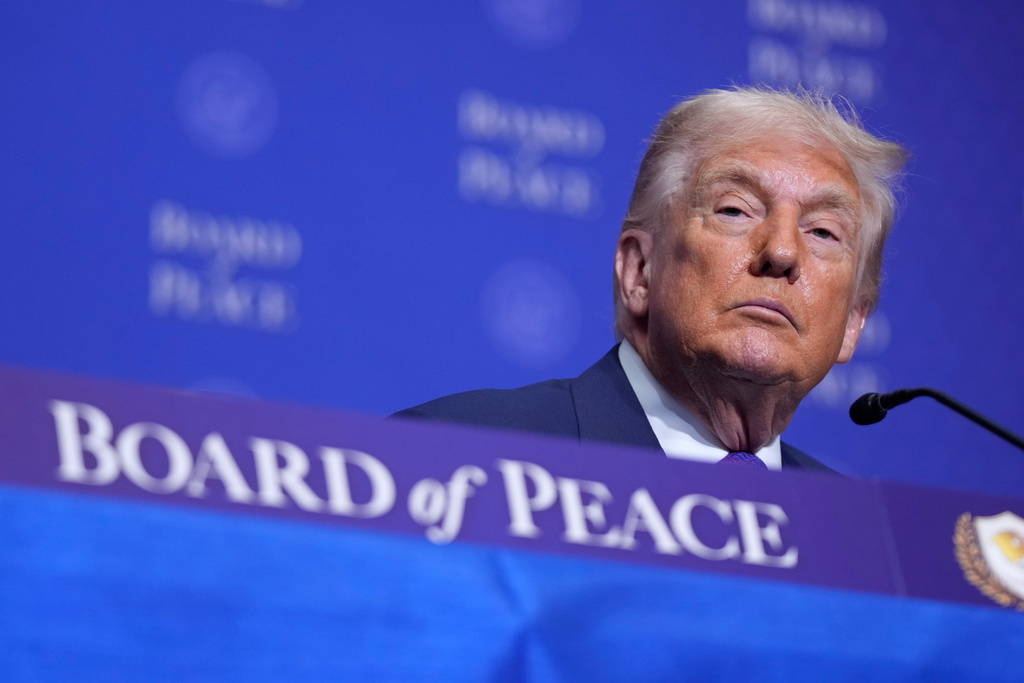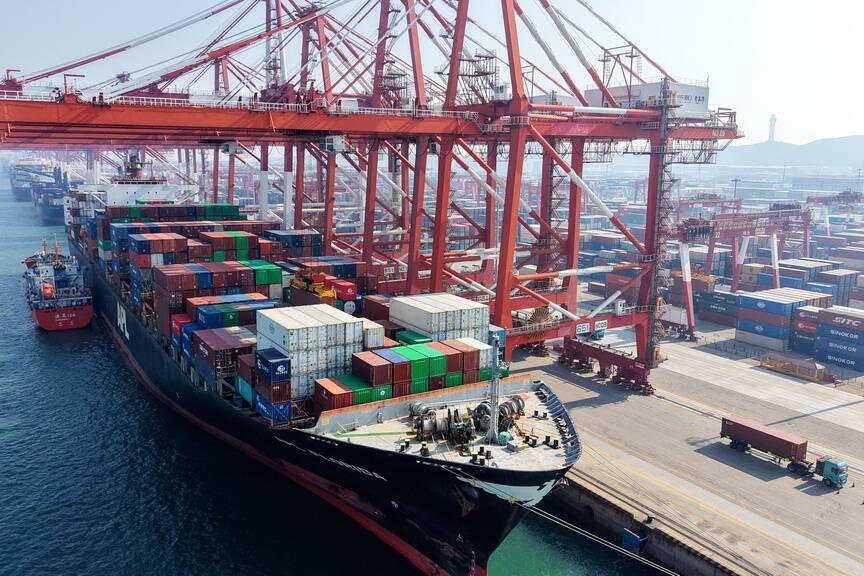After months of threats and failed negotiations aimed at ending the war in Ukraine, Western patience has worn thin.
Peace talks that once looked promising collapsed after continued Russian attacks. Now, both President Trump and the Europe are moving beyond diplomacy and targeting the energy lifeline that keeps Russia’s war economy afloat.
America Targets Russian Oil
For the first time, the United States has sanctioned Russia’s two largest oil companies, Rosneft and Lukoil. American individuals and companies are now banned from doing business with them, and any assets they have in U.S. territory have been frozen.
These bans extend to 30 subsidiaries of Rosneft and Lukoil. And the U.S. is threatening to sanction any foreign company that helps buy, sell, or transport Russian oil.
It’s the first time President Trump has sanctioned Russia since returning to office, and he hit Moscow where it hurts. Oil and gas sales account for up to half of Russia’s annual budget revenues; without it, funding Putin’s war machine becomes much more difficult.
Of course, there are consequences at home, too. After the sanctions were announced, crude oil prices jumped nearly 6%, which should come out to about a penny more per gallon at the pump. And that’s on top of the higher prices Americans have paid for gas and electricity since Russia started the war.
It hasn’t been easy for anyone. But as President Biden put it when he first sanctioned Russian oil in 2022, this is the price of standing for freedom. “We could have turned a blind eye to Putin’s murderous ways, and the price of gas wouldn’t have spiked the way it has. I believe that would have been wrong. I believed it then and I believe it now: The free world had no choice,” President Biden said.
Europe Targets Natural Gas
Our allies across the Atlantic have been even more aggressive, at an even greater cost to their economies.
In tandem with the U.S., the European Union (EU) announced its 19th round of sanctions, this time banning imports of Russian natural gas.
This is huge. Before the war, Europe was dependent on Russia’s energy. The EU imported 60% of the energy it used, and Russia was by far the biggest supplier.
Shortly after the war began, the EU cut off Russian coal and oil. But natural gas – which powered factories, fueled power plants, and kept homes warm through the winter – was hard to shake. In some countries, more than 80% of gas came from Russia, delivered through pipelines that couldn’t easily be replaced. Building new supply chains takes time, and finding alternate sources – like the U.S. or Qatar – required major infrastructure upgrades.
The EU’s recent sanctions also crack down on Russia’s so-called “shadow fleet,” hundreds of ships that secretly move Russian oil around the world to dodge sanctions. Another 117 of those tankers were just banned from European ports, bringing the total to 558.
And for the first time, Europe is sanctioning companies outside Russia that help them skirt the rules, including some in China.
And the United Kingdom, though no longer part of the EU, has been there every step of the way. They banned Russian gas shortly after the war started, and they joined the U.S. in sanctioning Rosneft and Lukoil.
How the Pressure Built
While these are the first new sanctions in a while, they continue a steady pressure campaign the West has been applying to Russia since the war began.
Here’s a look at how the U.S., UK, and EU built this network of sanctions over the past four years – sector by sector:

The West came out swinging. Just a few months after the invasion, Russia was almost fully blocked off from European and American society:
- Hundreds of Russian leaders and elites – including Vladimir Putin – had their passports frozen and foreign assets seized.
- Russian banks were cut off, making it hard to get money in and out of the country.
- Western companies stopped selling electronics and luxury goods to Russia.
- Russia’s state-run media and propaganda outlets were banned in Europe and sanctioned in the U.S.
- Europe and America stopped buying Russia’s energy, timber, and gold.
- Russian ships couldn’t dock in U.S. ports, and Europe rejected all Russian aircraft, trucks, and ships.
The pressure gradually increased. In 2023, Europe and the U.S. stopped buying Russian diamonds and industrial metals like steel.
The next year, in 2024, the EU banned all political parties from accepting Russian money. The U.S. and UK probably would’ve done the same, but both countries already banned all foreign money in politics.
And now, in 2025, the EU is shutting off Russian natural gas.
But the pressure continued to mount along the way. The U.S., UK, and EU consistently added more companies and individuals to the sanctions lists in each sector, as well as additional measures to close the loopholes and make sure the rules are being followed.
Russia Feels the Heat
Russia’s economy is already showing signs of strain. The Moscow stock exchange fell sharply the day the sanctions were announced, with Rosneft and Lukoil leading the decline.
Even Russia’s biggest remaining customers are starting to back away. China and India – which buy 85% of Russia’s oil exports – announced they are pulling back on purchases to avoid getting caught up in America’s sanctions.
But so far, the Kremlin is not backing down. Less than a week after the newest sanctions were announced, Russia successfully tested a new nuclear missile called “Burevestnik” which they claim can’t be stopped by America’s missile defense systems.
President Trump was not fazed. “We’re not playing games with them,” he said, adding that Putin “ought to get the war ended. A war that should have taken one week is now in its, soon, fourth year. That’s what he ought to do instead of testing missiles.”
With oil revenues squeezed, gas exports blocked, and its global partners growing nervous, Russia’s financial isolation is nearly complete. The only question is whether that pressure pushes Putin toward peace – or deeper into defiance.
Related
Peyton Lofton
Peyton Lofton is Senior Policy Analyst at No Labels and has spent his career writing for the common sense majority. His work has appeared in the Washington Examiner, RealClearPolicy, and the South Florida Sun Sentinel. Peyton holds a degree in political science from Tulane University.





You must be logged in to post a comment.